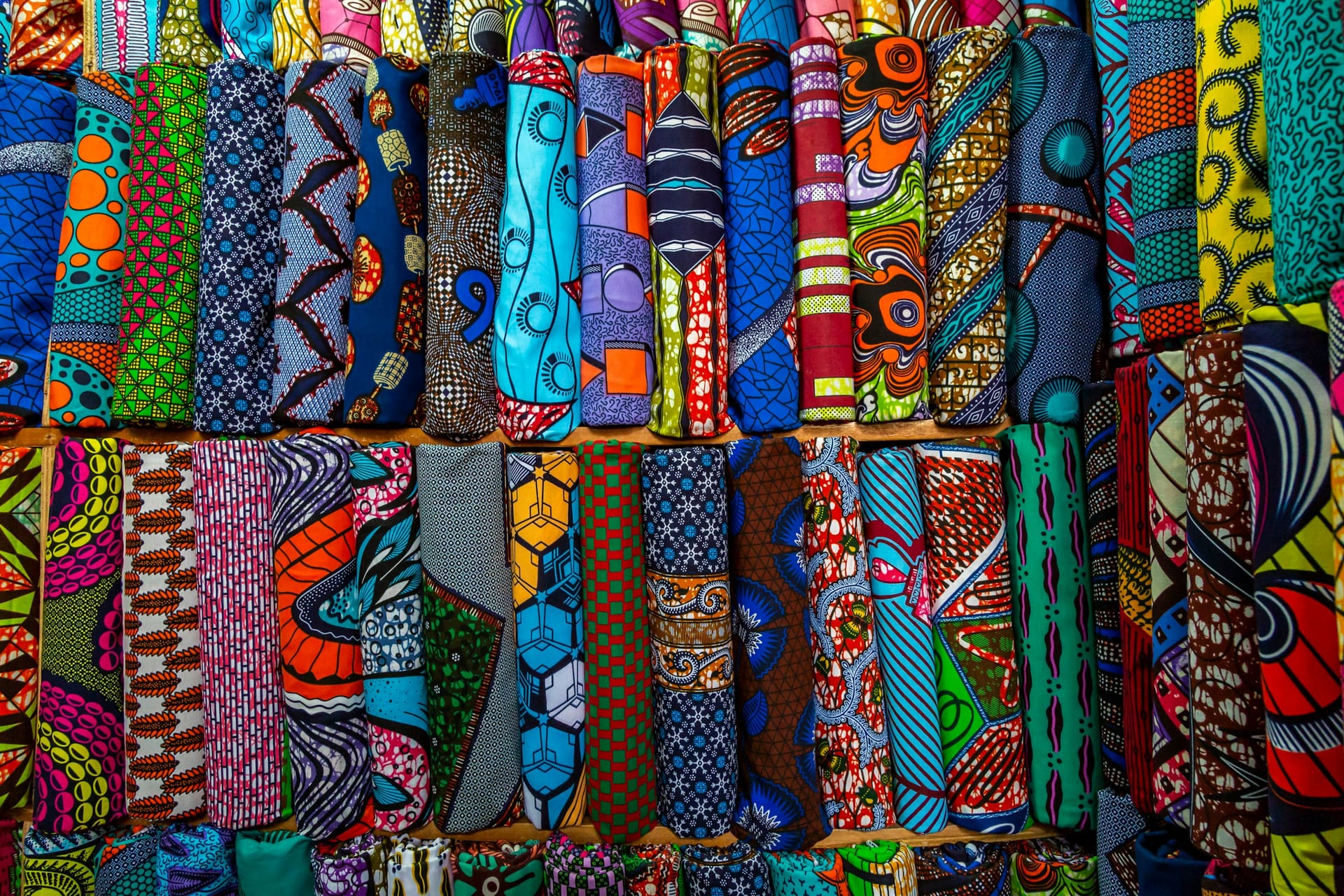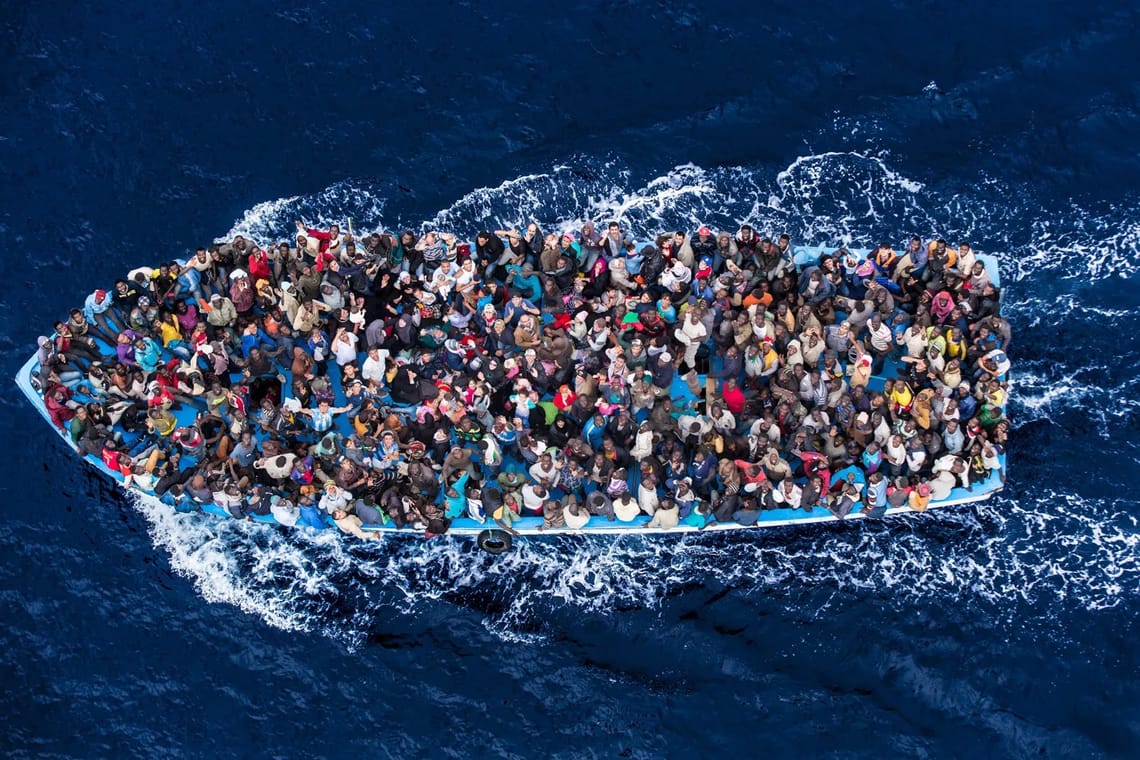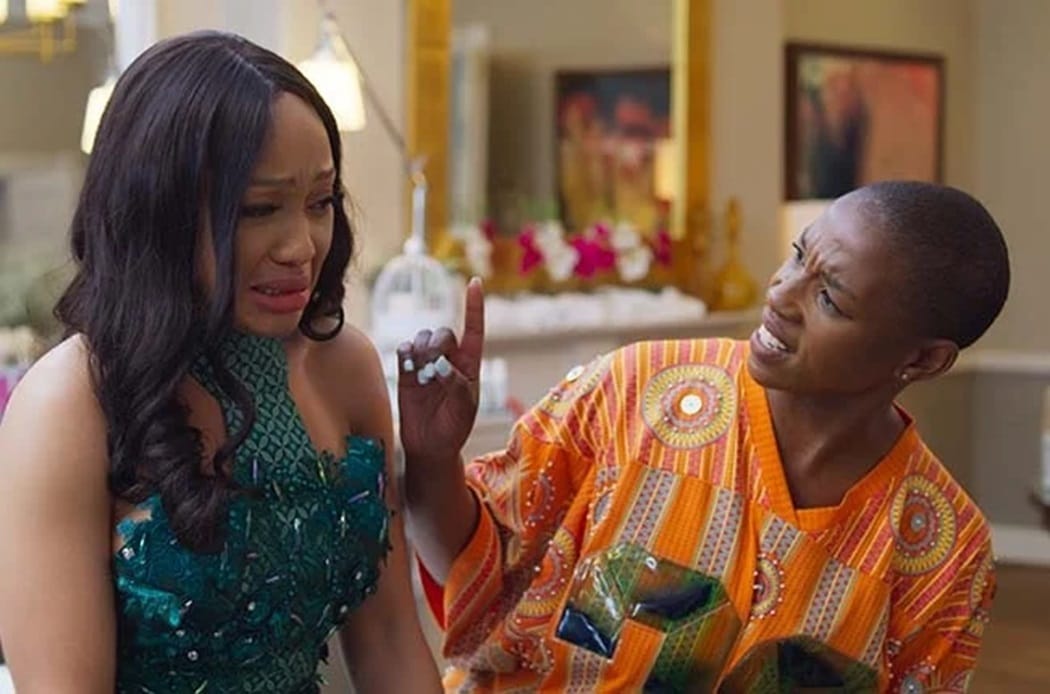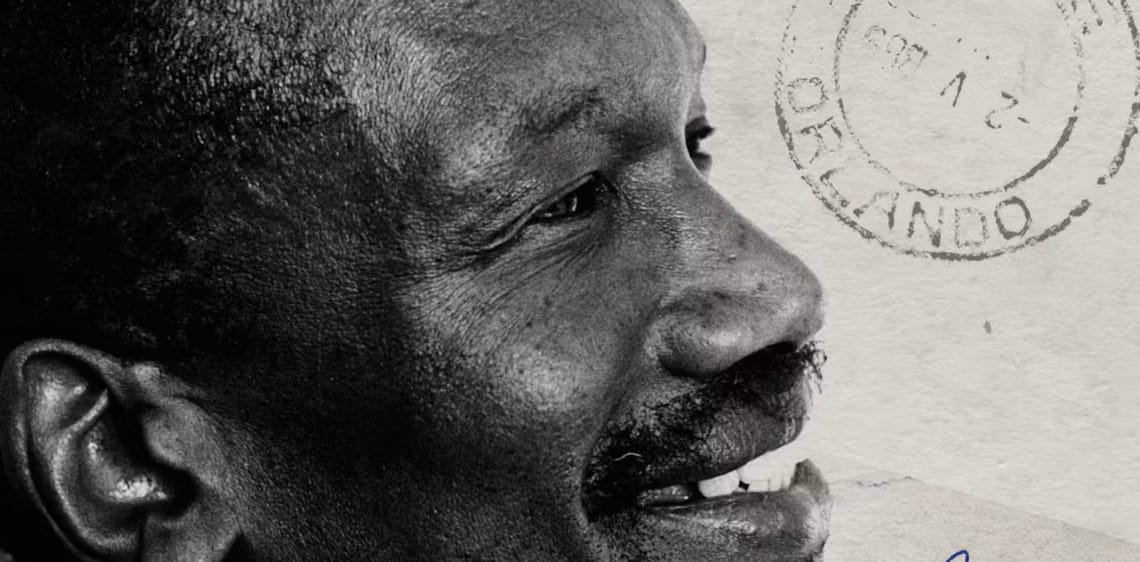There can be little doubt that each of us perceives people from other cultures to be different, that the way they do things is not the same as the way others do things, that the things they say are different to the things we say. At a national level it is highly unlikely that a Zulu man and a Yoruba man, for example, will think they are the same and neither is likely to think that they are similar to the language. Indeed, these differences are the very foundation of how we think about other people: how much they differ from us and how much they are similar.
And many are the occasions when people have drawn binary conclusions – right vs wrong or good vs bad – when what they are really saying is that the other person is like me and thinks the same as me and, by extension, they must be right or good, whereas a different person is not like me and doesn’t think the same as me and must, therefore, be bad or wrong. Hence the importance of cultural diversity which supports the idea that every person can make a unique and positive contribution to the larger society because of, rather than in spite of, their differences. There has never been a time like today where the world needs the understanding of cultural diversity and embraces intercultural translation where cultures converge and are interested in each other and have a fair conversation.
Yes, I believe there are people who fear or dislike anything which is perceived as being foreign or strange, they are comfortable with what is familiar. On the other hand, there are people who are attracted to, or appreciating of foreign people, manners, customs, or cultures, an appreciation of what is different to their own.
Nevertheless, all societies need to learn about their cultural heritage and need to be inspired to participate in the creation of their own realities. Equally, it is also important to have an understanding of different perspectives within the world in which we live. To appreciate that a society is made up of many different groups with different interests, skills, talents and. needs.
So, why is it so difficult to understand, recognize and respect “ways of being” that are not necessarily our own? Why do we suffer from dispel negative stereotypes and personal biases about different groups?
Is it something you are struggle with?




